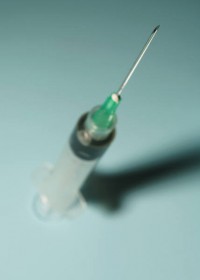
Cancer risk increases with age, but why that is true and whether we can change that is the complex question we have been discussing in our previous two posts. For a long time, the relationship between cancer and age was assumed to be a simple matter of living long enough for mutations to accumulate and trigger cancer development. Now, new cancer research from the University of Colorado Cancer Center shows that tissue changes that occur with aging, not accumulated mutations, allow the development of age-related cancer.
Colorado researchers found that by the time we reach our teens and stop growing, our bodies have already accumulated most of the mutations we will ever have, refuting the argument that mutations increase with age. They also found many mutations in healthy tissue, refuting the argument that more mutations cause cancer. Further, they argue that if mutations were the key cause of age-related cancer, our immune system should have developed better protections against mutations; but it hasn’t.
As our “tissue landscape” begins to deteriorate with age, those changes erode our ability to fight off cancer, as well as other diseases. The Colorado team didn’t take their findings further, but what if our bodies could “rejuvenate” aging cells and return them to the disease-fighting strength of our youth? Issels’ more than 60 years of experience with cancer treatments including integrative immunotherapy has shown us that boosting the body’s immune system has tremendous power to fight cancer. Perhaps taking steps to “supercharge” our immune system as we age could have similar benefits for preventing cancer.
